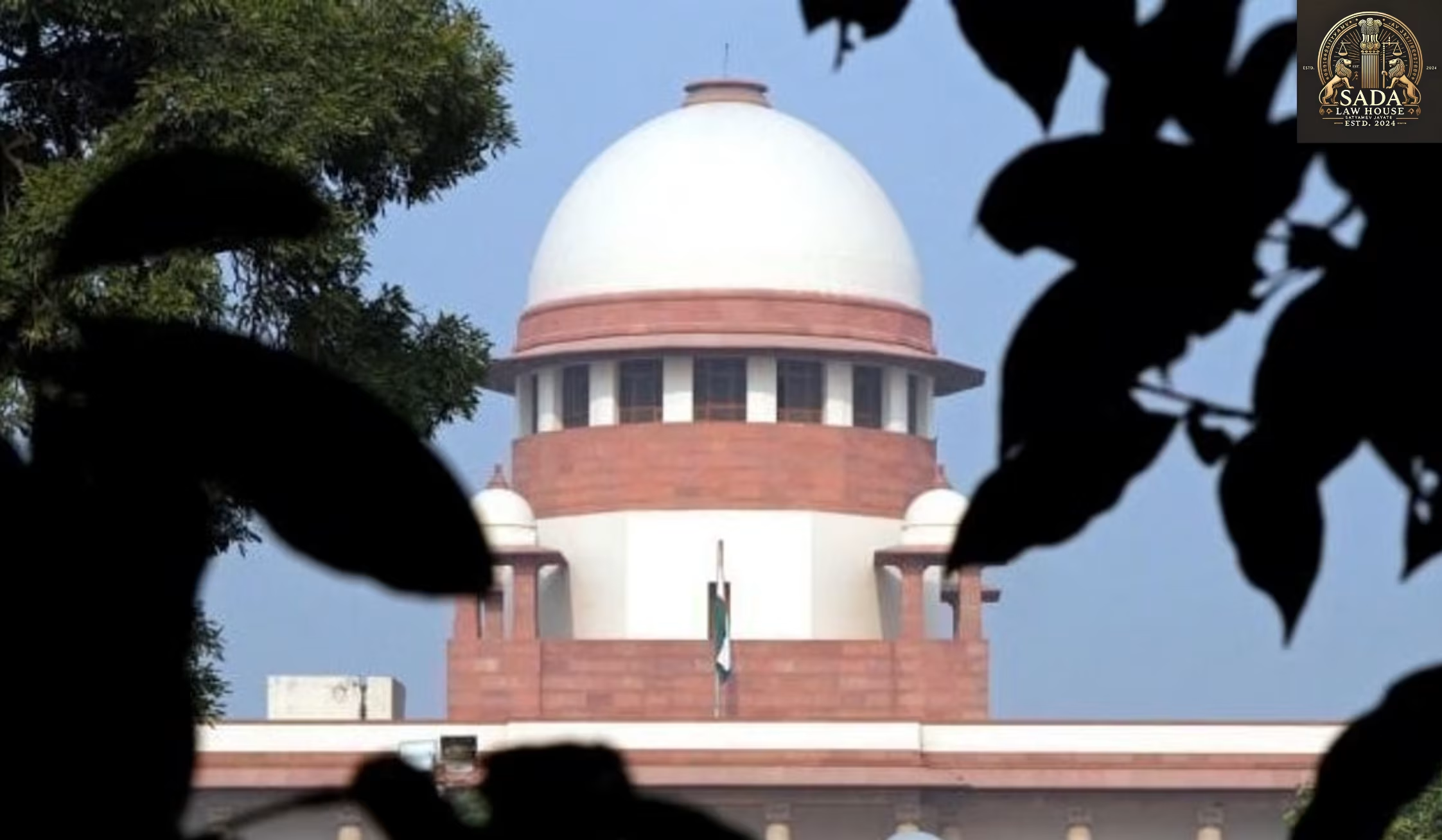Supreme Court Clarifies Dowry Death Law: Presumption Only if Dowry Demand Proven
- KASHISH JAHAN
- 27 June 2025

The Supreme Court of India has ruled that in dowry death cases under Section 304B of the IPC, a presumption of guilt applies only when a specific dowry demand is proven. This decision reinforces fair legal proceedings and protects against misuse.
Supreme Court Ruling: Dowry Death Presumption Requires Proven Demand
In a significant judgment, the Supreme Court has clarified the application of Section 304B of the Indian Penal Code (IPC). The Court stated that in dowry death cases, the legal presumption of guilt cannot be invoked unless the prosecution successfully establishes that a specific and consistent dowry demand was made.
Understanding Section 304B IPC in Dowry Death Cases
Section 304B IPC deals with dowry deaths—defined as the unnatural death of a woman within seven years of marriage under suspicious circumstances linked to dowry harassment. The recent clarification ensures that the section is not misused and that accusations are backed by substantial evidence.
Case Background: Allegations Without Direct Evidence
The case revolved around the tragic death of a young woman within seven years of her marriage. Her family accused her husband and in-laws of persistent harassment related to dowry demands. However, the defense argued that the incident was an accident and no direct evidence of a dowry demand existed.
Supreme Court’s Verdict: Prosecution Must Prove Dowry Demand
A bench led by Justice B.R. Gavai emphasized that courts cannot assume guilt mechanically. The Court ruled: “It is the duty of the prosecution to first prove that there was a persistent and proximate demand for dowry that led to harassment or death.” This interpretation ensures that trials under Section 304B are grounded in factual evidence, not assumptions.
Future Implications of the Judgment
The ruling is expected to impact the way courts interpret dowry-related death cases, promoting a balanced approach. While it upholds justice for genuine victims of dowry harassment, it also serves as a safeguard against the misuse of the law through unsubstantiated claims.
Conclusion: Reinforcing Legal Fairness in Dowry Death Cases
This judgment by the Supreme Court sets a strong precedent for future dowry death cases. It ensures that charges under IPC Section 304B are rooted in evidence, strengthening both the credibility of the law and the protection of human rights.






